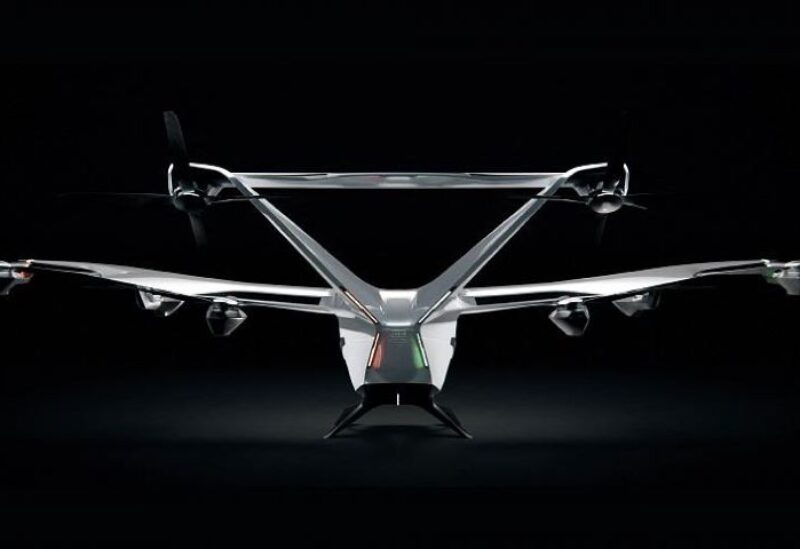
City Airbus nextgen
Airbus has unveiled its latest modified design for a fully-electric four-seat “flying taxi” with fixed wings, a V-shaped tail and eight electrically powered propellers for quieter flights over cities as part of its push for sustainable urban air mobility.
The European aerospace giant plans to fly a prototype of its CityAirbus NextGen in 2023 and targets certification by 2025, Airbus said.
“We are on a quest to co-create an entirely new market that sustainably integrates urban air mobility into the cities while addressing environmental and social concerns,” Bruno Even, chief executive of Airbus Helicopters, said. “Airbus is convinced that the real challenges are as much about urban integration, public acceptance, and automated air traffic management, as about vehicle technology and business models.”
Electric air taxis are emerging as a new segment within the aviation industry as the first versions of their design are close to maturity and their developers seeks to raise financing through special purpose acquisition companies (Spacs). Start-ups are racing to develop, certify and manufacture electric aircraft as part of efforts to revolutionize short-range travel. The push for electric flying taxis, particularly in urban areas, comes as governments seek to slash carbon emissions to fight climate change.
The CityAirbus demonstrator, which is designed to carry up to four passengers in a zero-emissions flight, is currently in a detailed design phase, the Toulouse-based company said.
CityAirbus is being developed to fly with a 80 kilometre range and reach a cruise speed of 120km per hour, making it suitable for operations in major cities for a variety of uses, the company said.
Noise-reduction is a major feature of the flying taxi designed for urban journeys. The plane features sound levels below 65 dB(A), a unit of sound measurement, during flyover and below 70 dB(A) during landing.
“Designed with simplicity in mind, CityAirbus NextGen will offer best-in-class economic performance in operations and support,” Airbus said.
The vehicle meets the certification standards of the European Union Aviation Safety Agency (EASA)’s SC-VTOL Enhanced Category, Airbus added.
The latest version, which focuses on advancing remotely piloted electric vertical take-off and landing (eVTOL), looks like a traditional aircraft rather than the drone-style model of the initial project.
The CityAirbus full-scale demonstrator conducted its first take-off in May 2019.
Over the years, Airbus has developed two (eVTOL) demonstrators, the Vahana and the CityAirbus. Together the two demonstrators have conducted 242 flight and ground tests and have flown around 1,000 km in total.
“We have learnt a lot from the test campaigns with our two demonstrators, CityAirbus and Vahana”, Mr Even said. “The CityAirbus NextGen combines the best from both worlds with the new architecture striking the right balance between hover and forward flight.”
The latest zero-emission eVTOL plane was revealed at the company’s first Airbus Summit on “Pioneering Sustainable Aerospace” on September 21.
The battery-powered plane is remotely piloted with advanced control systems, is quieter than traditional helicopters, is up to three-times faster than cars and is fully electric for emissions-free flights, according to Airbus.